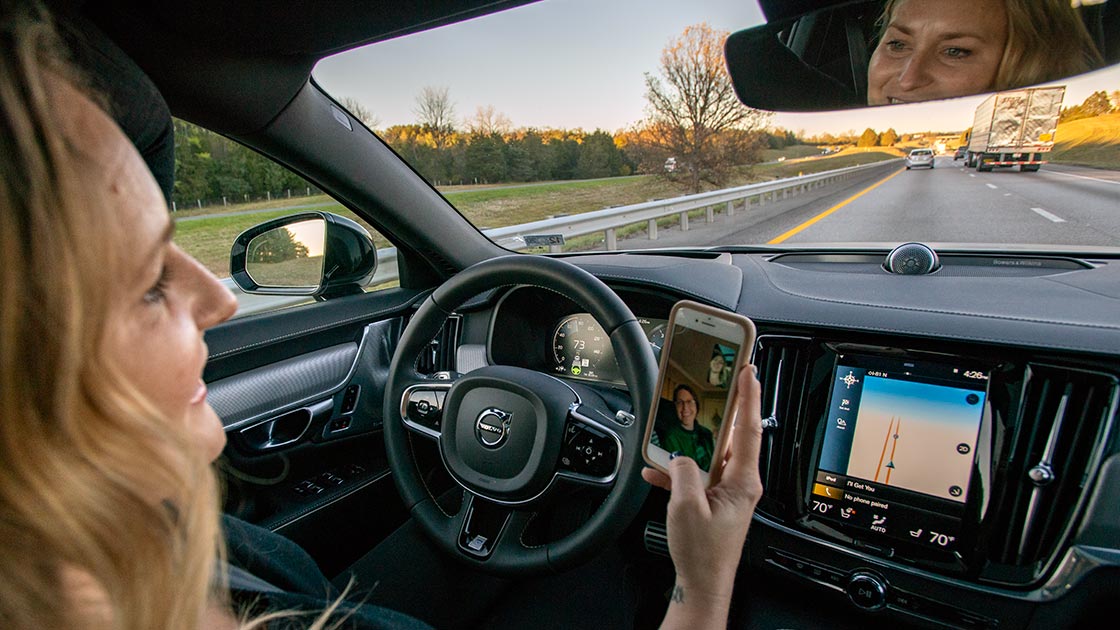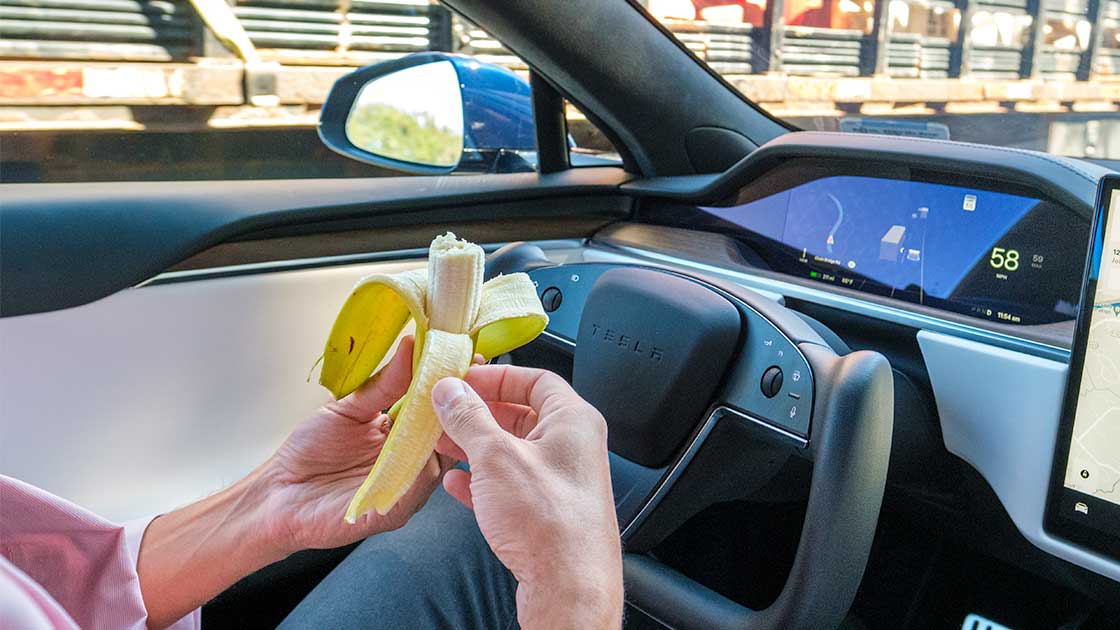AlanSubie4Life
Efficiency Obsessed Member
I don’t think they want infallible.I think that's what the Feds want, it could take a long time.
To me it looks like Tesla has seen repeatable easily simulated issues with the software in a few specific scenarios which introduce particularly high risk, since the behavior is incorrect (different than human), and they intend to fix them.
There are going to be tons of other problems not addressed by this recall because they provide more time for the driver to react, or they are less severe, or do not result in repeatable collisions in simulation, etc.
I predict future recalls.




